
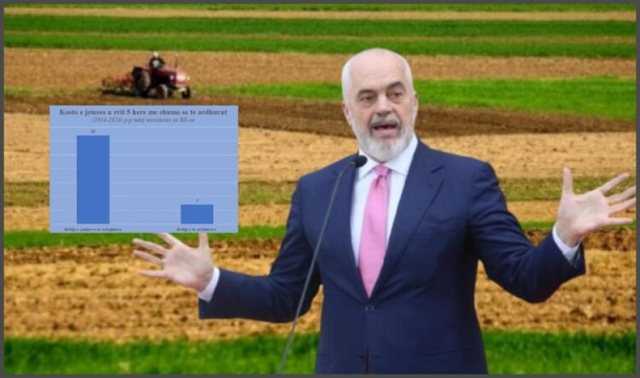
In 2014, Albania was the country with the second lowest cost of basic products in Europe, behind only North Macedonia.
According to official Eurostat data, in the first year of the socialist government in power, the prices of food and non-alcoholic beverages in Albania were 68 percent of the European Union average. This meant that food in Albania cost at least 32 percent cheaper than the average in EU countries.
But after 2014, Albanian citizens have faced a dramatic increase in the cost of basic products, and last year, for the first time, the prices of food and non-alcoholic beverages in Albania exceeded the European Union average.
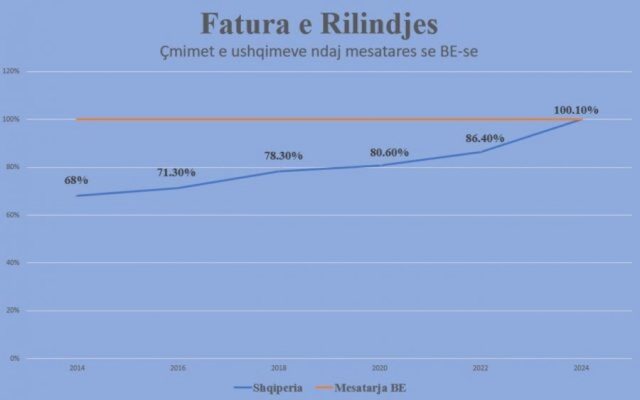
According to Eurostat, in 2024, food prices in Albania were 100.1 percent of the EU average. This means that Albanian citizens buy basic food more expensively, not only than all their neighbors with similar economies, but also pay more than the Dutch, Spanish, Polish, Czech, Slovak and so on.
When the increase in the cost of living is accompanied by an increase in income to at least the same extent, then the purchasing power of citizens remains unchanged. But in Albania, the opposite has happened.
According to Eurostat data, while food prices in Albania have increased by 32 percentage points relative to the EU average, per capita income has increased by 7 percentage points. So, Albanians are converging on Europe in terms of cost of living, but they are light years away in terms of income levels.
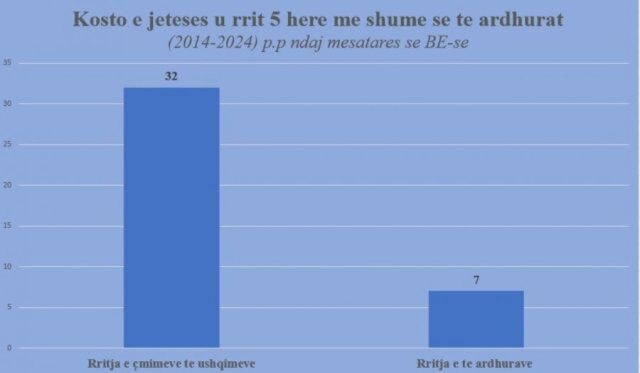
Or to put it more clearly, Albanians pay the same for food as EU countries, but their income is 3 times lower than Europeans. This is poverty.
But why are the prices of basic products rising so rapidly in a country with low incomes and wages, ruining family budgets? There are several reasons for this, and almost all of them are related to governance.
First, the Albanian government is the heaviest tax payer of essential expenses. While almost all wealthy European countries have zero or low-rate differentiated VAT on food, in Albania citizens pay a 20 percent tax to the government on every product they buy, including bread, eggs, dairy, meat, and even water.
However, heavy taxes cannot explain the entire high cost of living products in Albania because even in 2014, the country had the same taxation regime. But in the last decade, the situation has worsened further due to the government's anti-production policies, which have increased the cost for producers.
Albanian businesses pay more for electricity than in almost any other country in Europe, while Albanian farmers buy oil more expensively than almost anyone else in the world. Both of these items, electricity and oil, became more expensive through government decisions in 2014-2015 and later.
Increasing production costs have been only one side of the anti-production policies. The other side is the lack of subsidies. Albanian farmers receive 20 times less subsidies than farmers in neighboring countries, even poorer ones like Kosovo. Consider just one indicator. According to the FAO, the Albanian government provides 3 euros in subsidies per hectare, while Bosnia and Kosovo provide 66 and 69 euros in subsidies per hectare, respectively.
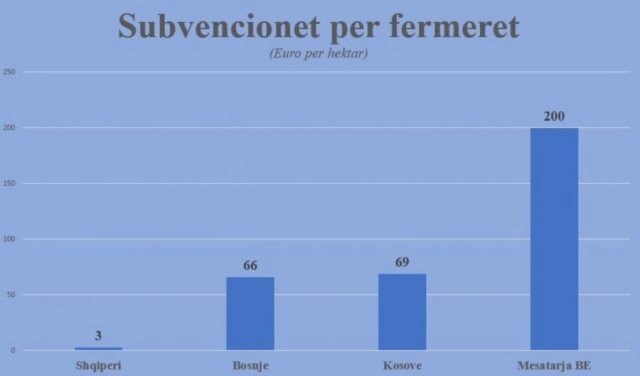
Higher production costs, negligible support from the state. This is the cocktail of anti-production policies of the last decade, the results of which have been dramatic in the collapse of agriculture and domestic production.
According to INSTAT itself, in just 6 years the number of cows in Albania was halved. From around 500 thousand heads in 2017, in 2023 the figure dropped to 263 thousand heads, while the decline in the number of small cattle has been even more dramatic.
The almost total destruction of domestic production has left Albanian citizens dependent on imports. Here the economy has another structural problem. It is that of monopolies that control the food market and dictate their high prices.
The high cost of basic living and the almost negligible increase in incomes keep Albanian families stuck in survival expenses. This is why Albania today has the highest percentage of families at risk of poverty.
But the most inexplicable element in this whole situation is the fact that the government that has increased the cost of living for its citizens more than anywhere else in Europe has won 4 consecutive mandates. This is where economics and rationality stop./ Kapitali.al
Latest news

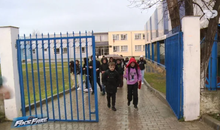

Dance with the mask of evil
2025-06-20 21:11:50
Matura 2025, Albanian Language and Literature exam grades published
2025-06-20 20:40:37
Tabaku: Albania has African wages and European prices
2025-06-20 20:33:02


UK temporarily withdraws embassy staff from Iran
2025-06-20 19:16:02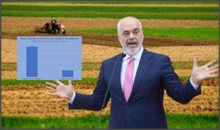
How Albania became the country with the highest cost of living
2025-06-20 18:49:11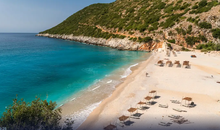


Hail and strong storm "grab" Belshi
2025-06-20 17:35:56

School closures increase parents' financial burden during the summer
2025-06-20 16:49:19
KAS dismisses SP over vote revaluation
2025-06-20 16:34:02


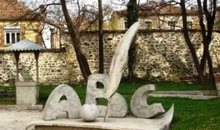
Albanian language included in official communications of New York public schools
2025-06-20 15:08:35
Accident in Italy, 46-year-old Albanian dies (NAME)
2025-06-20 14:50:50
Kosovo in electricity crisis, KESCO appeals to citizens: Save electricity!
2025-06-20 14:29:55
Meta: Disinformation against me, a product of government propaganda!
2025-06-20 14:08:44
The American obsessed with Albania, a country he would write an anthem for
2025-06-20 13:39:41
Berisha: SPAK is throwing candy to protect Gys Agas and Rama!
2025-06-20 13:30:02
"Elections an electoral crime"/ Berisha warns of protests at home and abroad
2025-06-20 13:09:59


Reported missing a day ago, elderly man found dead in Peqin
2025-06-20 12:19:21
Drug gangs in Tirana cracked down, 24 arrested, 8 wanted (NAMES)
2025-06-20 11:57:38


You win the elections like Edi Rama - but justice won't allow you in Switzerland
2025-06-20 11:10:28
Bullets fired at Arjan Ndoji's former driver's bar, 15 shells at the scene
2025-06-20 10:48:02
Vokshi reports Vilma Nushi to SPAK, files lawsuit for "Check Up"
2025-06-20 10:31:54
Requests release from prison, hearing for former president Meta ends today
2025-06-20 10:15:50

Bullets fired at a bar in Fushë Krujë, police surround the area
2025-06-20 09:34:34


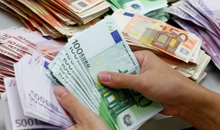
Foreign exchange, how much foreign currencies are bought and sold today
2025-06-20 08:40:20

Clear skies and cloudy skies, today's weather forecast
2025-06-20 08:00:26
Morning Post/ In 2 lines: What mattered yesterday in Albania
2025-06-20 07:50:05
Noka reveals Rama's condition for Veliaj to resign
2025-06-19 22:53:43
Vote recount in Tirana, Kaso: We did not have the 14th mandate as our objective
2025-06-19 22:44:53




Noka: Policemen were running from morning to night for SP votes
2025-06-19 21:31:03
The three zodiac signs that will be disappointed in love this month
2025-06-19 21:18:48
Accused of murder due to blood feud, 48-year-old arrested in England
2025-06-19 21:06:57
Vasili releases video: Tirana-Kashar segment full of gravel, no workers around!
2025-06-19 21:00:48

Tirana without a coach, four names considered for the white-and-blue bench
2025-06-19 20:21:12
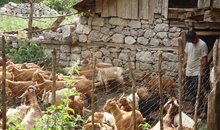
Rinderpest/ A new outbreak appears in Shkodra, 200 sheep affected
2025-06-19 20:01:50

Scientists raise the alarm: Earth risks exceeding the 1.5°C warming limit!
2025-06-19 19:37:44

"Fiscal Peace" without consultation with the EU, Brussels concerned
2025-06-19 19:05:23
Trump signs executive order extending TikTok ban in US for another three months
2025-06-19 19:03:35
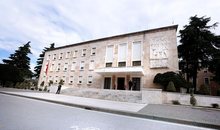
A special Task Force on immigration is established in cooperation with Italy
2025-06-19 18:23:58
Drug trafficking gang busted in Italy, 25 people arrested, including Albanians
2025-06-19 18:18:33
AMF denounces a suspicious cryptocurrency investment platform
2025-06-19 18:06:07


Technology as a tool of war between Israel and Iran
2025-06-19 17:27:54




EU divided over Israel's right to bomb Iran
2025-06-19 16:10:42

Analysis/ How is Russia spreading propaganda in the Albanian language?
2025-06-19 15:49:18
Session in the Criminal Court, MP Qani Xhafa is fined
2025-06-19 15:33:30
Members of criminal organizations! 3 Albanians extradited from Dubai today
2025-06-19 15:20:04

Lufta/ Zelenskyy bën thirrje për rritjen e presionit ndaj Rusisë
2025-06-19 14:56:02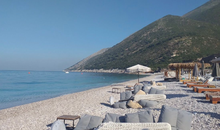

Netanyahu warns Iran after attacks on Israeli hospital
2025-06-19 14:34:53
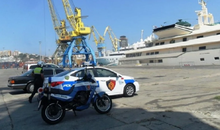
Attempted to enter Albania with false documents, 25-year-old arrested
2025-06-19 14:18:20
Psychology explains what happens in the brain of a person contemplating suicide
2025-06-19 14:01:25

These are the coldest zodiac signs
2025-06-19 13:45:18

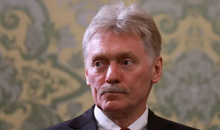

Albanian man dies in hospital after accident in Italy
2025-06-19 13:02:45


Berisha to gather political leaders tomorrow
2025-06-19 12:32:23
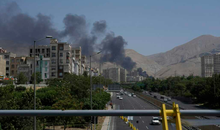
Iran confirms meeting with representatives of Britain, Germany and France
2025-06-19 12:11:33


